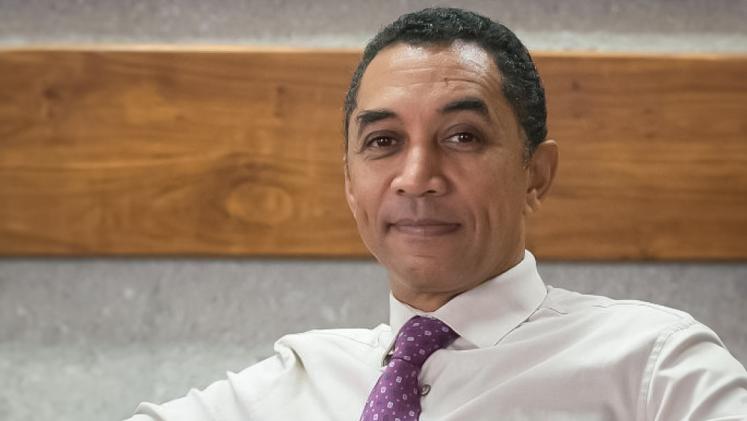On 25 October 2024, UNU will host “The Role of Science, Technology and Innovation in a Multipolarizing World”, a conversation with Derrick Swartz, the Science, Technology and Innovation advisor to Nelson Mandela University in South Africa. This event will start at 18:30 in the 2F Reception Hall at UNU Headquarters in Tokyo.
Science, technology and innovation, particularly within public universities, can play a role in promoting adjustment of the international system towards embracing more inclusive, democratic and workable multilateralism. Today there are clear shifts away from unipolarity involving large segments of Asia, Africa and Latin America on dialogues about a common future. What seems to be less clear, however, is if common cause will be found on a reformed system of global governance (particularly in the UN system) and the capacities required to enable humanity to find effective responses to longstanding challenges of under-development and global social inequality, as well as new existential challenges facing all humanity. By privileging public good purposes over narrow ‘instrumentalist’ goals within the multilateral system, universities could offer vital networks to foster global solidarity, cooperation and collaboration on common agenda issues, including the UN’s Pact for the Future of 2024.
Derrick Swartz will join UNU Rector Tshilidzi Marwala for a discussion on the role of science, technology and innovation in fostering global cooperation. What are the current challenges facing multilateralism? What role can universities, particularly those in the Global South, play in finding solutions to global challenges? What are the prospects for the Pact for the Future?
The UNU Conversation Series aims to foster audience participation; you are encouraged to engage with the speakers during the conversation and at the reception that will follow, where all event attendees are invited to enjoy hors d’oeuvres and drinks while exchanging ideas and making new contacts.
Please note that this event will be in English. Advance registration (by 24 October) is required. Please click on the REGISTER button above to access the online registration page.
Please be prepared to present identification at check-in.
About the Speaker
Derrick Swartz currently serves as Science, Technology and Innovation advisor to Nelson Mandela University in South Africa and has previously served as Special Advisor to South Africa’s Minister of Higher Education, Science and Innovation. He served as Rector of the University of Fort Hare from 1999 to 2007 — one of South Africa’s most iconic and celebrated universities where former President Nelson Mandela and generations of leaders of South Africa’s democratic movement studied — and he served as the Principal and Vice-Chancellor of Nelson Mandela University from 2008 to 2017.
Prof. Swartz holds a DPhil in the Sociology of Development and Industrialization and is also recipient of Honorary Doctorates in Human Rights Law from Essex University in 2008 and Southampton University in 2022. His current work focuses on policy instruments to promote South Africa’s commitment to the UN’s Sustainable Development Goals in areas such as hydrogen energy and fuel cell systems, vaccines, food security, ethical and peaceful applications of new technologies (including AI, biomedical, genetic and geo-engineering) and sustainable management of the earth’s oceans. He serves on numerous non-profit trusts devoted to social and ecological sustainability causes.




